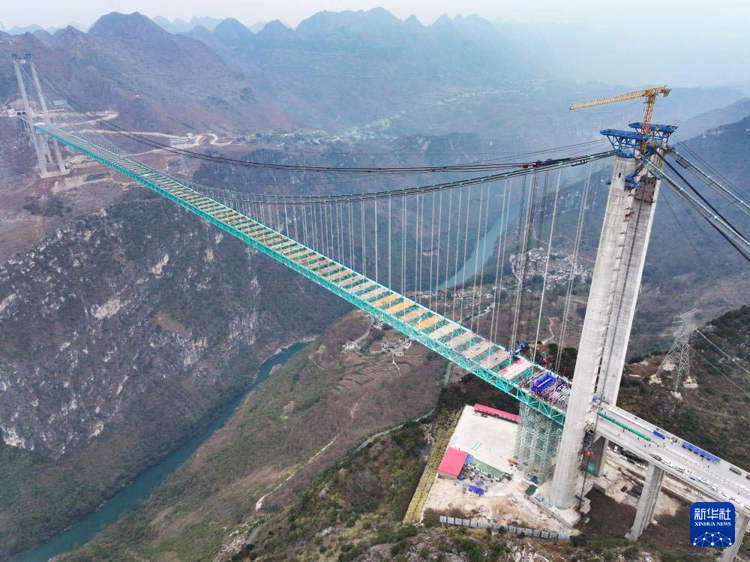Japanese student Reikko Hori is in the news for choosing to be a real-life castaway on the uninhabited island of Amparo in Indonesia. After 19 days of complete isolation, during which her only companions were a spear and a magnifying glass, the 22-year-old claims to have returned to normal life with a newfound appreciation for civilization.
The paid experience was arranged by Docastaway, a tour company that specialises in holidays in remote islands across the world, with packages that include varying levels of comfort. Hori, a self-described loner, chose ‘adventure mode’, the most extreme category, therefore becoming the first female voluntary castaway in history.
But the company was worried about her choice because she had no survival training whatsoever and was completely unprepared to live all by herself in the wild. According to their official website, Hori wouldn’t answer any questions or respond to their emails during the preparation phase a few months before the actual experience. She apparently wanted to survive in the wild as naturally as possible, with very little interference from experts.

Photo: Docastaway
The company’s worst fears were confirmed when they finally received Hiro at the airport. “She hadn’t given herself more than an hour to organise her experience,” the website states. “She hadn’t prepared anything and didn’t bring adequate clothing, not even a swimsuit, just a pair of jeans. We provided her with a pair of short trousers. The worst of all was her absolute ignorance on means of survival.”
Despite their warnings, Hiro chose to go ahead with the holiday. So a team from Docastaway accompanied her to the island and stayed there with her for the first 24 hours to ensure that she was psychologically ready for the ordeal. During this time, Alvaro Cerezo, an employee, noticed that Hiro wasn’t very good at detecting danger or feeling pain. “She walked barefoot on the sharp coal, just as if she was walking barefoot at home,” he said. “She slept on the floor in the jungle without it even crossing her mind that an animal could walk over her in the middle of the night.”

Photo: Docastaway
“Reikko didn’t want advice or lessons on survival,” he added. “When she heard that we would be with her for the first 24 hours she asked that in exchange for allowing this we wouldn’t give her any explanations during our stay. She wanted to discover everything on her own.” When asked if she planned to make a shelter, Hiro said she just wanted to sleep in the sand, out in the open. Cerezo pointed out that she might have to deal with torrential rain, to which she replied that she would think about the situation only when it presented itself. Eventually, Cerezo convinced her to at least accept a magnifying glass and spear gun, and she did.
The company also stationed a security guard to watch the only entrance to the island, about 40 minutes away from Hori’s camp. They also had her sign an agreement in which she promised to call Docastaway or reach out to the guard in case of any emergency. “We were afraid that her stubbornness to have no contact with anyone could lead her to ignore us even in the case of an extreme necessity,” they wrote.

Photo: Reikko Hori
When Cerezo and his team left after 24 hours, Hori’s initial reaction was relief. She actually considered herself bad at human relationships and was aching to be left alone. But her joy turned to despair the very next day, when the realities of surviving alone finally hit her. “I thought the island was smaller than I previously imagined, but I was scared to see I had to be 18 more days without being able to escape,” she said, speaking to Daily Mail. “There was a big lonely feeling, like being the only person in the sea. It was full of painful loneliness and helplessness after the second day.”
Hori wasn’t able to find enough food and drink in the first few days, because she had refused to accept a machete from Docastaway to open coconuts. And as Cerezo predicted, she did get wet in the rain on her second day, and caught a cold. “I felt very bad because my stomach was empty I felt continually dizzy,” she later told the team. “On top of that, it wasn’t very nice not being able to wash my clothes or myself. As I had no shelter, the rain made me suffer a lot as did the insects and the sea. On the fifth day I felt absolute desperation knowing I still had another 13 days on the island.”

Photo: Docastaway
But Hori quickly adapted to the harsh environment, teaching herself to gather food with the tools she had with her. She climbed the smaller palm trees for coconuts and broke them open using rocks. She caught fish using her spear gun, getting better at it until she was able to catch one fish an hour. The young castaway cooked the fish with fire that she made using coconut hair and her magnifying glass. Much to the surprise of the Docastaway team, Hori managed to survive right to the very end of the 19-day experience. She even caught a large lizard on her last day, and roasted it for dinner.
Now that’s she’s home safe, Hori is rather glad that the holiday is behind her. “Usually I prefer to be alone, but after I spent 19 days alone on a deserted island, I found a world without people was not the world where I really want to live,” she explained. “I learned I get happiness from being around other people. Not only sufferings but also happiness from being related with other people.”

Photo: Docastaway
“I want to live positively in society now and I realise how important things I have in my life are.”
via Docastaway, Daily Mail






